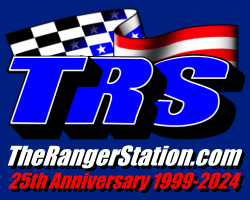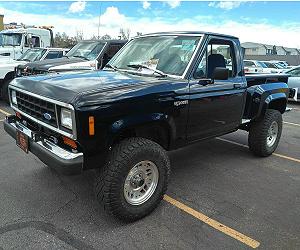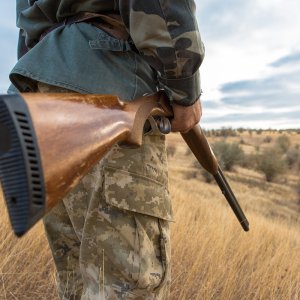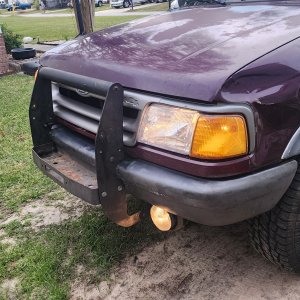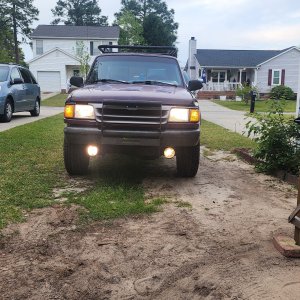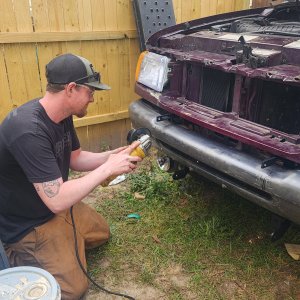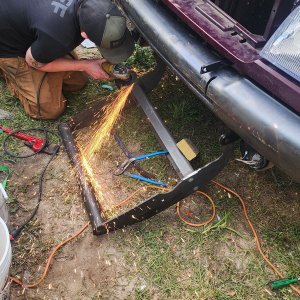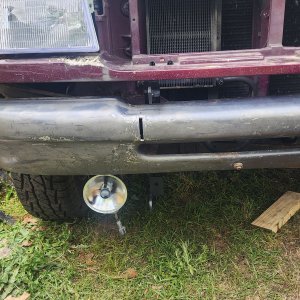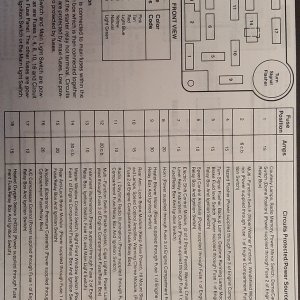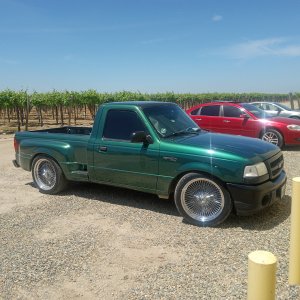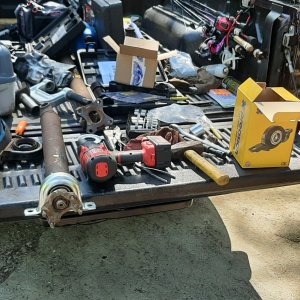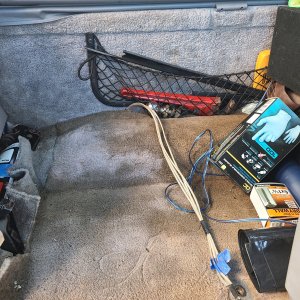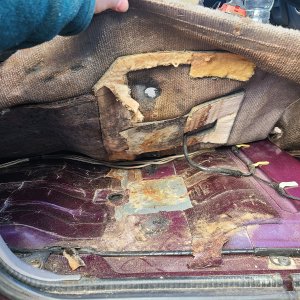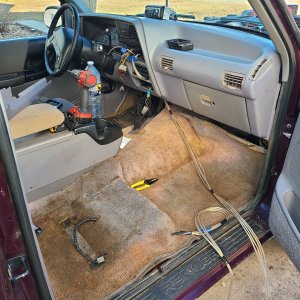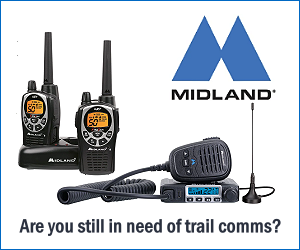BullFrog13x4
New Member
- Joined
- Feb 3, 2013
- Messages
- 42
- Reaction score
- 0
- Points
- 0
- Location
- South West Michigan
- Vehicle Year
- 1991
- Make / Model
- Ford
- Engine Size
- 3.0 v6
- Transmission
- Manual
Hello all,
First i have to say i am new to the forums, but i have been checking out the ranger station for a while now.
Ok, now for the business...
I recently purchased a 1991 for ranger 2wd with a 3.0 v6 and a 5spd mdo5 for $500.00, i now excellent price.. here is why it was so cheep.
The previous owner thought the engine was toasted, because of a knocking noise. of course this concerned me, but for $500.00 i thought worst case i get a new engine. Now that i have had it for a few weeks and i have been testing it, i found that the engine seems extremely solid and it does NOT knock all of the time. it has even good compression on all 6 cylinders (115-125 psi) and none of the rockers are loose, at least from a visual inspection. the distributor seems to be within spec, i pulled it to make sure and there is only 15-16 thou of end play (this is based on the specs for the 5.0, i cant find the specs for the ranger dist; if anyone has them or a link, please post it). In the last couple of weeks here in Michigan we have had extremely cold temps, and i noticed something that is a BIG clue.
Ok, first in normal weather the engine would have a knock similar to a rocker noise but deep sounding, only at idle; if it is idling and knocking i can raise the rpm to around 2 grand and hold it there for a few seconds and the noise would go away and it would sound choice for a while, even at idle. Then after idling for a few minutes it would start to tick/ knock again. remember this is at around 60 deg air temp outside.
Now, for the new clue, at 20 deg outside temp or lower it doesn't want to knock at all, i can only get a random vary faint little tick i have to listen really closely to hear, it seems that if it is cold and the noise goes away it might be an oil issue, as in weak oil or pressure, but the mechanical gauge i have reads between 40-60psi no matter the outside temp. The noise when the outside temp is around 60 deg is really loud, very embarrassing when pulling up to a stop sign, some people are even scared of it because it sounds like it is going to explode. So i was thinking it could be a timing chain or bad lifter, but with the new CLUE i am thinking it cant be a timing chain because the cold would not fix that. The possible bad lifter? maybe? When it is could outside and i have the random faint tick i can stick my stethoscope to the front of the pass side valve cover and hear it, but no where else?
Any ideas???
I am slightly confused with this sound, and don't want to replace parts at random just to fix it. if i can narrow it down then i might just save this 3.0. Also remember i only paid $500 for the truck and i am a cheep bast#@!. so i am NOT going to just throw a ton of parts at it guessing, i will only replace what is actually broken/ bad.
Any help is greatly appreciated, thanks in advance.
BullFrog
First i have to say i am new to the forums, but i have been checking out the ranger station for a while now.
Ok, now for the business...
I recently purchased a 1991 for ranger 2wd with a 3.0 v6 and a 5spd mdo5 for $500.00, i now excellent price.. here is why it was so cheep.
The previous owner thought the engine was toasted, because of a knocking noise. of course this concerned me, but for $500.00 i thought worst case i get a new engine. Now that i have had it for a few weeks and i have been testing it, i found that the engine seems extremely solid and it does NOT knock all of the time. it has even good compression on all 6 cylinders (115-125 psi) and none of the rockers are loose, at least from a visual inspection. the distributor seems to be within spec, i pulled it to make sure and there is only 15-16 thou of end play (this is based on the specs for the 5.0, i cant find the specs for the ranger dist; if anyone has them or a link, please post it). In the last couple of weeks here in Michigan we have had extremely cold temps, and i noticed something that is a BIG clue.
Ok, first in normal weather the engine would have a knock similar to a rocker noise but deep sounding, only at idle; if it is idling and knocking i can raise the rpm to around 2 grand and hold it there for a few seconds and the noise would go away and it would sound choice for a while, even at idle. Then after idling for a few minutes it would start to tick/ knock again. remember this is at around 60 deg air temp outside.
Now, for the new clue, at 20 deg outside temp or lower it doesn't want to knock at all, i can only get a random vary faint little tick i have to listen really closely to hear, it seems that if it is cold and the noise goes away it might be an oil issue, as in weak oil or pressure, but the mechanical gauge i have reads between 40-60psi no matter the outside temp. The noise when the outside temp is around 60 deg is really loud, very embarrassing when pulling up to a stop sign, some people are even scared of it because it sounds like it is going to explode. So i was thinking it could be a timing chain or bad lifter, but with the new CLUE i am thinking it cant be a timing chain because the cold would not fix that. The possible bad lifter? maybe? When it is could outside and i have the random faint tick i can stick my stethoscope to the front of the pass side valve cover and hear it, but no where else?
Any ideas???
I am slightly confused with this sound, and don't want to replace parts at random just to fix it. if i can narrow it down then i might just save this 3.0. Also remember i only paid $500 for the truck and i am a cheep bast#@!. so i am NOT going to just throw a ton of parts at it guessing, i will only replace what is actually broken/ bad.
Any help is greatly appreciated, thanks in advance.
BullFrog
Last edited:
